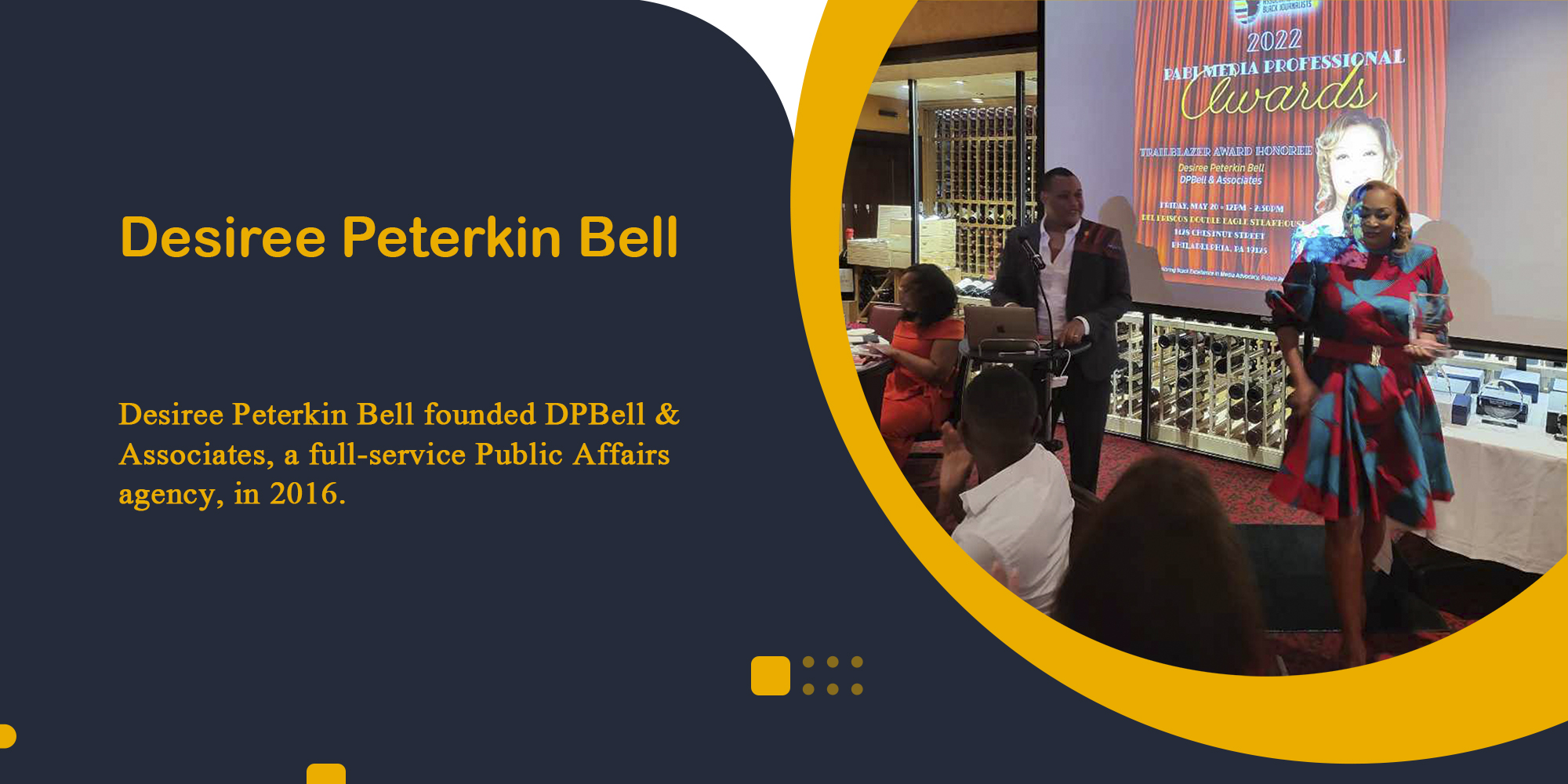
Public affairs shapes policy, fosters engagement, and advocates for public interests. Pros use diverse strategies from legislation advocacy to coalition-building to achieve goals. This comprehensive guide explores the art and science of public affairs, providing insights, best practices, and case studies to help organizations advocate for public interests and drive positive change.
Understanding Public Affairs
Public affairs encompasses various activities to engage with the public, influence policy, and shape public opinion. Public affairs includes strategic communication, advocacy, government relations, and stakeholder engagement to tackle challenges, promote public interest, and advance common good. Pros build relationships, shape discourse, and mobilize support through dialogue and advocacy.
The Art of Advocacy
Advocacy is the heart of public affairs and a powerful tool for advancing public interests and driving change. Effective advocacy requires a deep understanding of the issues, clear messaging, and strategic engagement with key stakeholders. Public affairs professionals must identify opportunities for advocacy, develop persuasive arguments, and tailor their messages to resonate with target audiences. Advocates can amplify their message and drive meaningful change by building coalitions, mobilizing grassroots support, and leveraging media and digital channels.
The Science of Strategy
While advocacy often involves artful persuasion and engagement, it also requires a strategic approach grounded in data, analysis, and research. Public affairs pros research the landscape, identify influencers, and assess policy impact. Using data, they craft strategies, measure effectiveness, and adjust tactics for success.
Building Coalitions and Alliances
Building coalitions and alliances is a critical component of effective public affairs strategy. Public affairs pros boost impact by partnering with others to advance shared goals. Building coalitions demands relationship skills, effective communication, and collaboration. Advocates can build strong alliances that drive positive change by finding common ground and aligning interests.
Shaping Public Opinion
Public opinion plays a significant role in shaping public policy and decision-making. Public affairs professionals must understand the drivers of public opinion, identify key influencers and opinion leaders, and develop strategies to shape public discourse on critical issues. By leveraging media relations, social media, and public relations tactics, advocates can raise awareness, educate the public, and build support for their cause. Shaping public opinion requires effective storytelling, compelling messaging, and strategic engagement with traditional and digital media channels.
Engaging Stakeholders
Effective stakeholder engagement is essential for building support, fostering collaboration, and achieving consensus on critical issues. Public affairs professionals must identify and prioritize stakeholders, develop tailored engagement strategies, and create opportunities for dialogue and feedback. By engaging with diverse stakeholders, including government officials, community leaders, industry partners, and the public, advocates can build relationships, gain insights, and mobilize support for their objectives.
Navigating the Political Landscape
Navigating the political landscape requires a nuanced understanding of the political process, regulatory environment, and key decision-makers. Public affairs professionals must monitor legislative and regulatory developments, identify opportunities for advocacy, and build relationships with policymakers and influencers. By engaging with government officials, attending hearings and briefings, and participating in advocacy campaigns, advocates can shape the outcome of policy debates and influence the legislative process.
Measuring Impact and Effectiveness
Measuring public affairs efforts is crucial for progress, refining strategies, and showing value to stakeholders. Professionals use KPIs, track metrics, and evaluate outcomes to gauge success. By measuring reach, engagement, and impact, advocates improve, allocate resources efficiently, and prove ROI.
Advancing public interests requires artful advocacy and strategic thinking grounded in a deep understanding of the issues and the political, social, and regulatory landscape. By employing a range of tactics and strategies, including advocacy, coalition-building, stakeholder engagement, and media relations, public affairs professionals can effectively advocate for public interests and drive positive change. As we navigate complex challenges and opportunities in today’s world, the art and science of public affairs will play a crucial role in shaping public policy, fostering engagement, and advancing the common good.